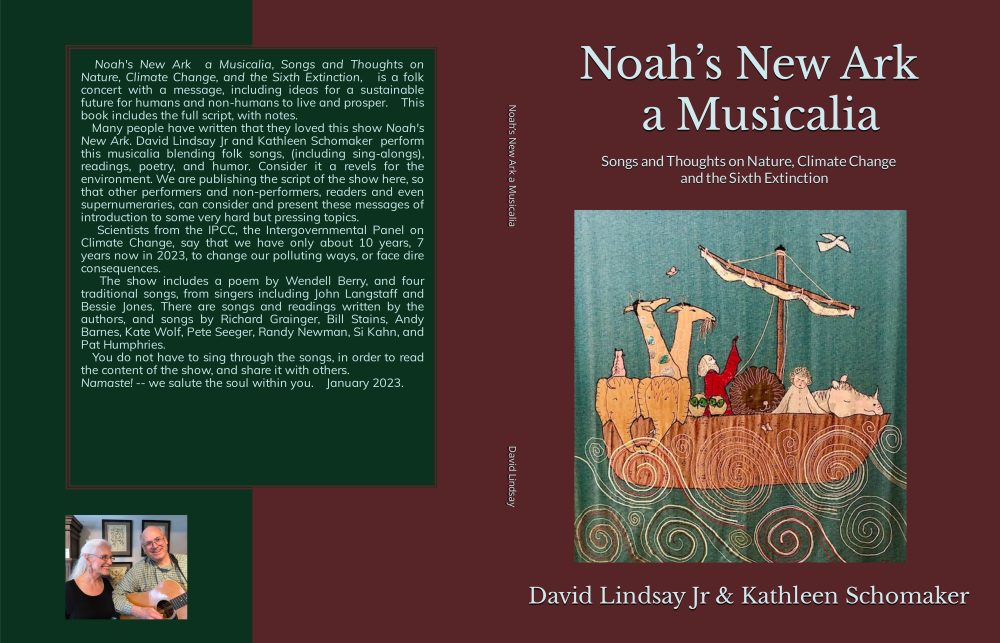Opinion Columnist
“On Saturday the House of Representatives finally overcame MAGA opposition and approved a new aid package for Ukraine. The Biden administration presumably had matériel ready to ship, just waiting for congressional authorization, so the effects of this legislative breakthrough will be quick.
Like many observers, I’m simultaneously relieved, ashamed, angry and worried by what has happened. I’m relieved that a nation under siege will probably — probably — get aid in time to survive, at least for a while, something that was increasingly in doubt given overwhelming Russian artillery superiority. I’m ashamed that things got to this point — that America came so close to betraying a democracy in danger. I’m angry at the political faction that blocked aid for so many months, not, as I’ll explain below, because of reasonable concerns about the cost, but probably because they want Vladimir Putin to win. And I’m worried because that faction remains powerful — a majority of Republicans in the House voted against Ukraine aid — and could still doom Ukraine in the years ahead.
But let me set emotions aside and try to do some analysis. In particular, let me take on some myths about aid to Ukraine. No, spending on Ukraine isn’t a huge burden on America, coming at the expense of domestic priorities. No, America isn’t bearing this cost alone, without help from our European allies. Yes, U.S. aid is still crucial, in part because Europe can supply money but isn’t yet in a position to supply enough military hardware.
To understand these points, I find it useful to look back at the obvious historical parallel to current aid to Ukraine: Franklin Roosevelt’s Lend-Lease program, which began delivering aid to Britain and China in 1941, before Pearl Harbor brought America officially into World War II.” . . . . .
Thank you Paul Krugman. What a terrific historical, and mathmatical perspective. I wanted to make a general comment to the piece on Moldovia, as an example of Russian betrayal, but was too late. This comment works for both that and this essay: “Thank you Paula Erizanu for this disturbing briefing pn Moldovia. What can we do to help? It is time for NATO to get tough with Russia. I propose that NATO decide quickly to give Ukraine anti missile and aircraft and drone support, like a group of countries just did for Israel when Iran tried to bomb it with missiles and drones. NATO should make the Ukraine a no fly no missile zone for Russia. Why can’t we do for Ukraine, what we did for Israel, which is a compromised state, with the stain of unarmed civilian blood on its hands.” David Lindsay is a writer and military historian, who blogs at InconvenientNews.net, and is the author of “The Tay Son Rebellion, Historical fiction of Eightteenth century Vietnam.”

